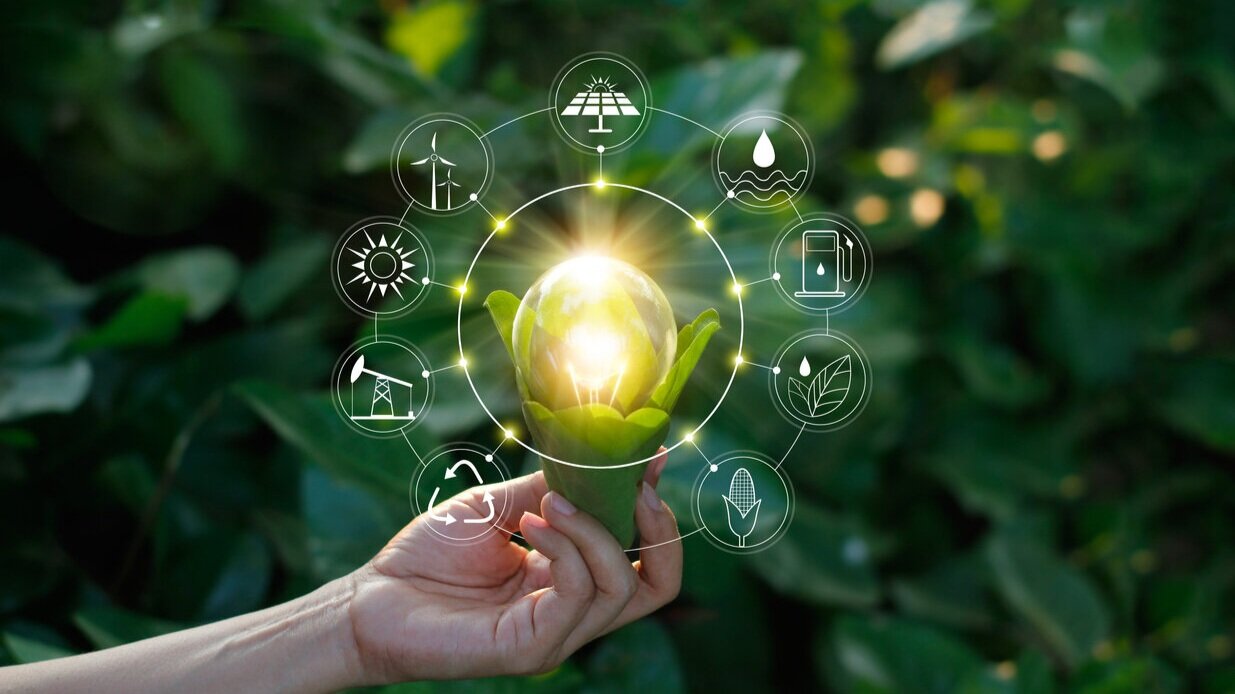
The world-class team of researchers at UBC, supported by a unique and powerful set of PacifiCan-funded equipment and infrastructure, are seeking engagement with companies, governments and non-profits who are active in the circular economy space, or those who are looking to learn more and begin their circular journey. Please reach out to the Program Manager or any faculty listed below, to obtain more information.
Upon the expression of interest, the ACE management team will initiate discussion with the prospective partner to better understand the nature of the work, the challenges they are facing, and the technical support being sought. A preliminary assessment of the impact potential of the project will be made to inform future planning towards maximizing the benefits to the partner. A short proposal will then be prepared collaboratively to outline the objectives of collaboration and the activities undertaken by ACE to assist the SME. Various options to fund the project will be explored. These include no-fee opportunities (e.g. the UBC-NRC IRAP Circular Economy Seed Funding), Mitacs, NSERC Alliance, Eminence funds (e.g. UBC Plastics Recycling Research Cluster), among others. Depending on its scope, each project can either become a short-term (4-5 months) project for multiple graduate/undergraduate students, or a long-term (1.5-3 years) thesis projects.
"The circular economy tackles climate change and other global challenges like biodiversity loss, waste, and pollution, by decoupling economic activity from the consumption of finite resources."
This is achieved by disrupting the current "take-make-dispose" linear model of consumption, which is currently the most widely practices supply chain and business model. In this practice, the materials from sold goods are ultimately destined for landfill, and used in its intended application for a comparatively short amount of time. Under this model, materials are used inefficiently and at the current rates of use and disposal, are unsustainable and pose significant threats to our way of life.

Contrary to this, is the circular economy model. It focuses on utilizing resource pathways, to add value and keep materials in use for longer, diverting them from landfills. Such materials are categorized as either "biological" or "technical" nurtients that feed material, manufacturing and operational pipelines, with each suitable for different types of recycling or upcycling. This follows a "stewardship" model, whereby firms hold responsibility for their products after sales and marketing (traditionally "hands-off" in the linear model). This stewardship is gained by using previously unidentified value chains to reap benefits for all parties involved.

There are many supply chain structures and expressions of the circular economy, including "power of cascaded use", "power of circuling longer" and "power of the inner circle". An example of the "power of circuling longer" structure has been published by the Ellen MacArthur Foundation, in conjunction with GE:

For more information, see the Ellen MacArthur Foundation website, which is a leading non-profit in Circular Economy education and applied research: https://ellenmacarthurfoundation.org/topics/circular-economy-introduction/overview
ACE NEWS

ACE launches second round of circular economy micro-credential course
MMRI is pleased to announce the launch of the second annual offering of the “Pathways to Sustainability: Circular Economy” micro-credential. Please find the course registration and information page here, with additional information available here. This micro-credential course (MCC), jointly hosted by UBC’s Materials and Manufacturing Research Institute (MMRI) and School of Engineering (SOE), aims to establish […]

MMRI Director publishes new book on biocomposites
A valuable reference resource for academic and industrial researchers, materials scientists and engineers, Industrial R&D, and manufacturers.

ACE launches new circular economy micro-credential course
This new micro-credential course (MCC) titled "Circular Economy: Principles and Applied Methods" targeting companies, municipalities and industry associations. During the course, learners will develop a Project Summary document, in which a selected workplace case study will be worked through using the course tools and methods, towards realizing the circular visions.

2024 MMRI Circular Economy Symposium
It is our pleasure to announce the 2024 MMRI Circular Economy Symposium. This is a free, hybrid (in person/online) event to be held on Wednesday 21st February 2024, centrally in room UNC200 on the UBC Okanagan campus in Kelowna, BC. The event will entail company presentations, applied research presentations by students and faculty, as well as networking for cross-pollination of ideas.

MMRI ACE hosts company-sponsored event for research networking
On Monday 24th July 2023, MMRI hosted a research networking day sponsored by NetZero Enterprises Inc. The event facilitated community and investor outreach, towards building long-term research partnerships in developing next-generation technologies and products in support of the circular economy.

MMRI ACE sponsors and presents at 2023 Canadian Circular Economy Summit
The event aims to lobby for increased visibility and funding for circular economy initiatives, as well as connects MMRI with govenments, companies and non-profits for supporting circular economy transitions.

ACE 2022 Annual Symposium
It is our pleasure to announce the 2022 MMRI Symposium on the Circular Economy. This is a free, hybrid (in person/online) event to be held on Wednesday 9th November 2022, centrally in room UNC200 on the UBC Okanagan campus in Kelowna, BC. The event will entail company presentations, applied research presentations by students and faculty, networking, followed by a panel discussion with a focus on regional initiatives and cross-pollination of ideas.

Government of Canada invests in first-of-its-kind project in BC to help businesses create more value and less waste
Funding will enable experts at the University of British Columbia’s Okanagan campus to work with local companies to create new bioplastics and save materials from the landfill by using them in new innovations.


